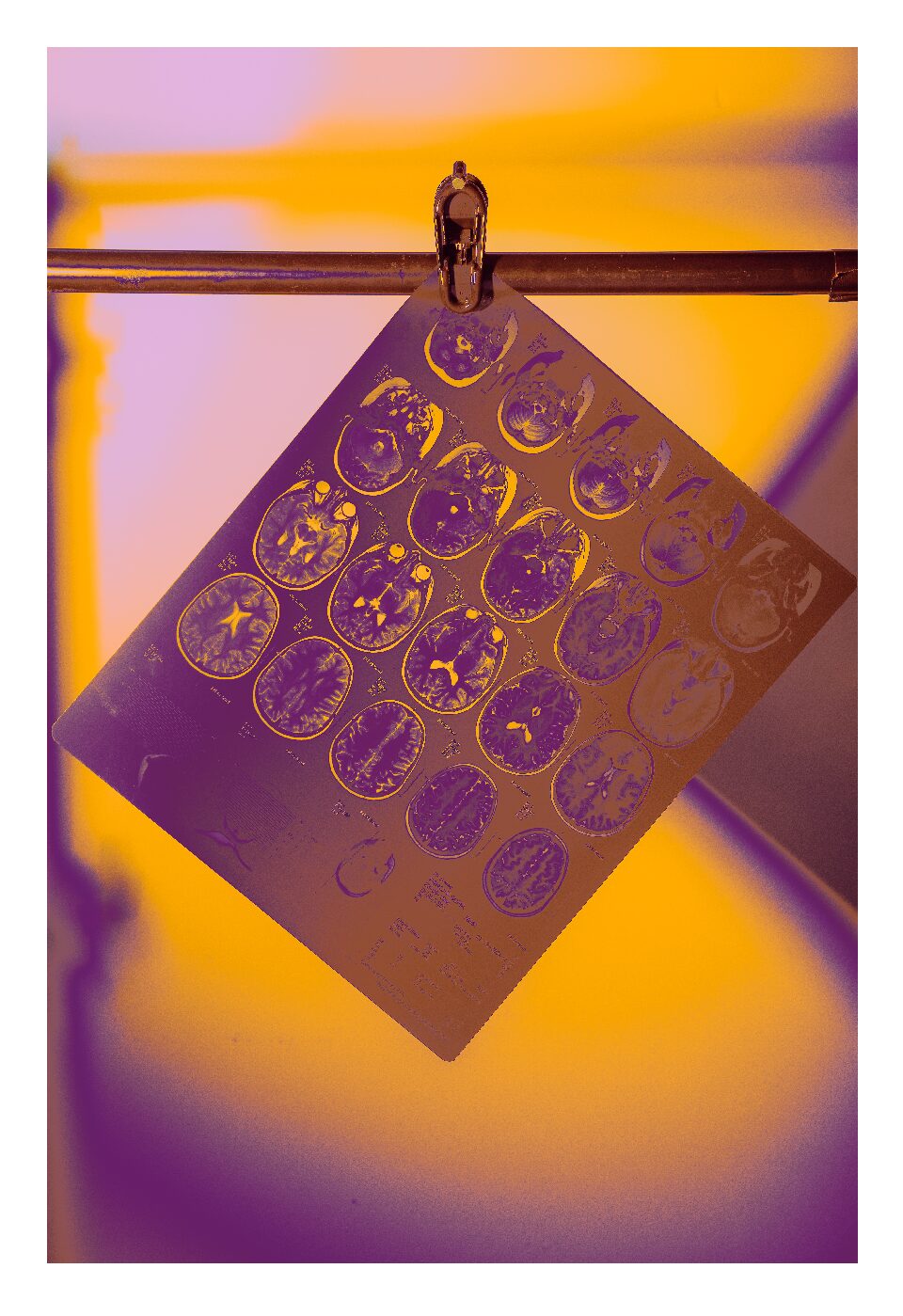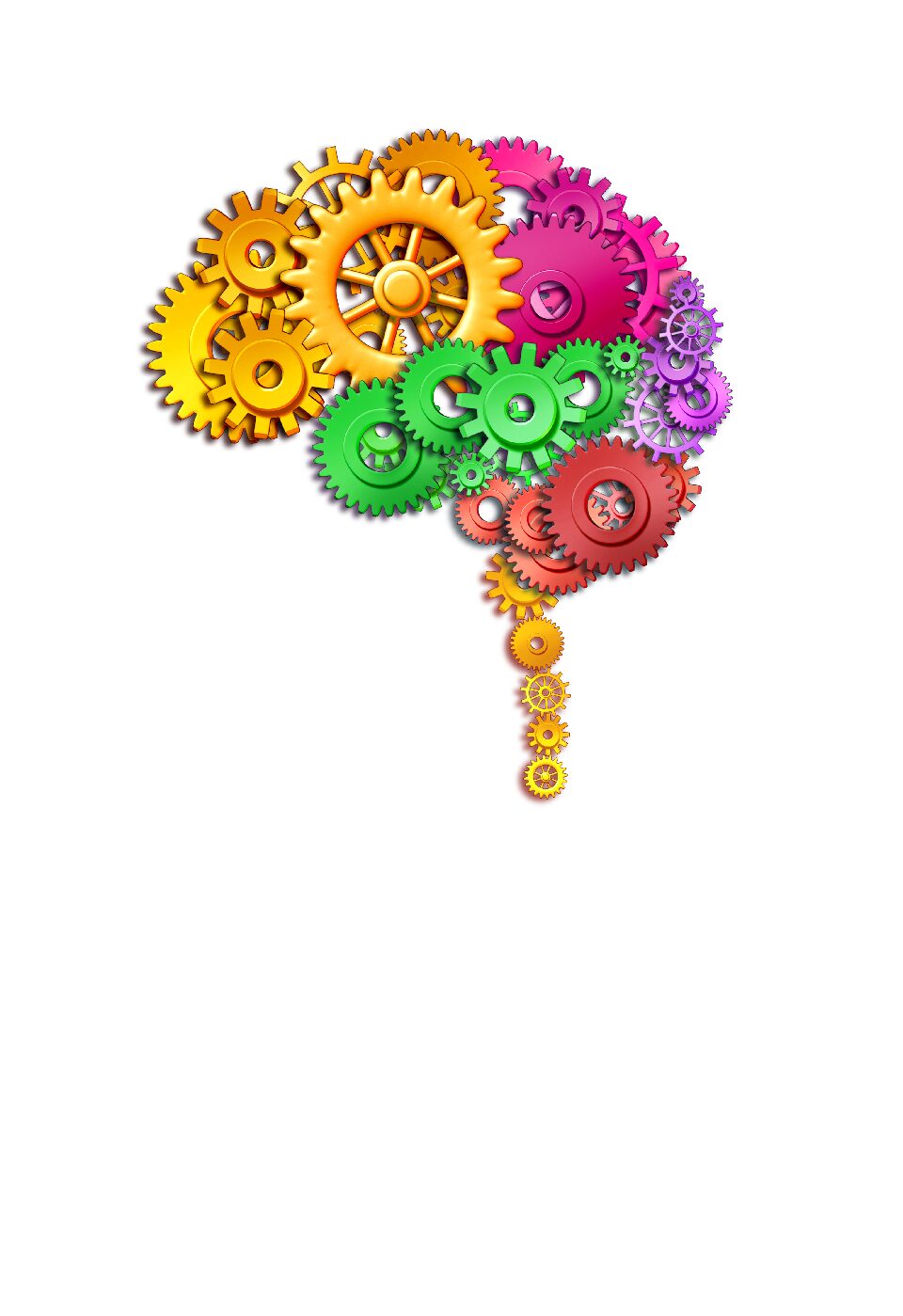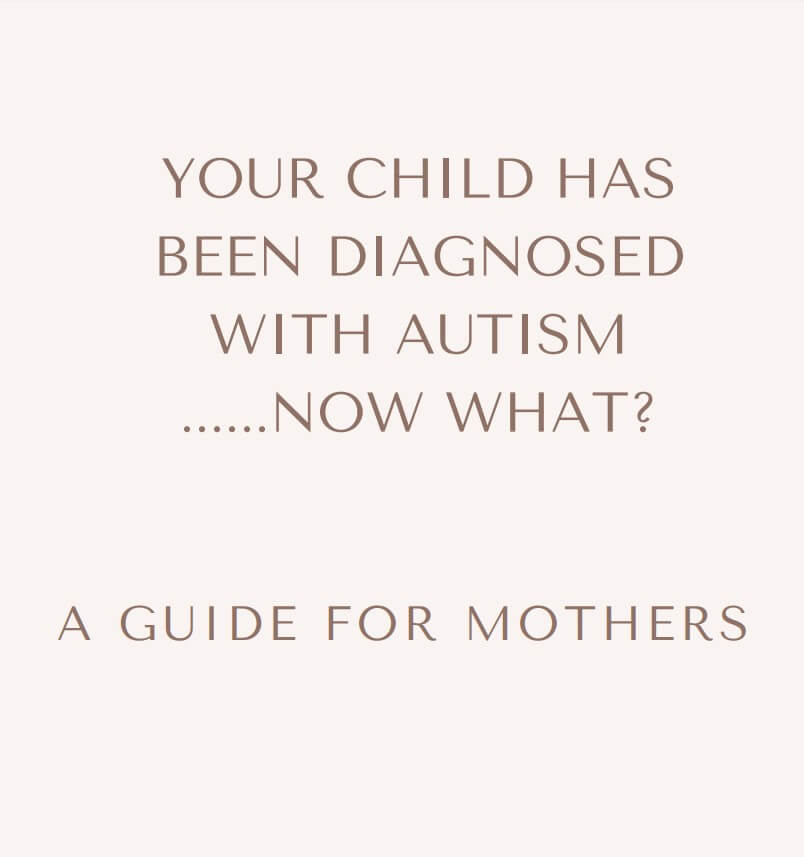
The early signs I missed with my angel boy…
Autism Spectrum Disorder (ASD) affects communication, behavior, and social interactions. Early detection, in my opinion is crucial, as it allows for timely intervention, which can significantly improve outcomes for children on the spectrum. Understanding and recognizing the early signs of autism in infants and toddlers can be challenging, but it is essential for parents and caregivers to be aware of the potential indicators.
Understanding Autism in Early Childhood
Autism typically presents itself before the age of three, but signs can be noticeable as early as six months. Each child is unique, and autism manifests differently in every individual, which is why it’s referred to as a “spectrum” disorder. Some children may exhibit multiple signs, while others may display only a few. Early recognition is key to accessing support and services that can help children thrive.
Key Early Indicators in Infants
- Lack of Eye Contact: I noticed with my angel boy, as he continued to grow that his eye contact became very limited. This is quite common for kids on the spectrum. As parents with our children this is the most basic way to connect with our babies…through eye contact.
- Limited or No Response to Name: My angel boy definitely wasn’t responding to his name no matter how loudly I would say it he still wasn’t responding. This is a common occurrence seen with kids that are diagnosed with autism. Before I knew of my son’s autism this would make me so frustrated. At first I thought it was a hearing issue. As parents we’re so wanting to believe that it is a hearing issue instead of something bigger because it’s scary and daunting and I don’t blame you one bit.
- Delayed or Absent Babbling: For some children babbling occurs and then stops after a certain time or sometimes there is just a delay in babbling all together. My angel boy was babbing until about 18 months and then it stopped. I didn’t notice at the time as I was heavily pregnant with my daughter and life was busy, but with hindsight I could see where it stopped.
- Lack of Gestures: Typically, by 9 to 12 months, infants begin to use gestures like pointing, waving, or reaching, this can be another sign to look for. My angel boy never really waved. There was no pointing or specific gestures that he would use.
- Limited Facial Expressions: Infants typically express a wide range of emotions through facial expressions, some autistic children don’t show as big of a range of emotions. My angel boys expressions were limited, however as he has grown those facial expressions have increased dramatically.
Key Early Indicators in Toddlers
- Delayed Speech Development: Many toddlers with autism have delays in speech and language skills. By 16 months, most toddlers have a few words in their vocabulary. A noticeable delay in speech development is a common sign.
- Repetitive Behaviors: Toddlers with autism may engage in repetitive behaviors such as hand-flapping, rocking, or spinning objects.
- Difficulty with Social Interaction: A toddler with autism may not show interest in playing with other children, may prefer to play alone, or may have trouble understanding social cues.
- Unusual Reactions to Sensory Input: Many children on the autism spectrum can be triggered by sounds, textures or environmental changes.
- Rigid Routines and Resistance to Change: Autistic toddlers may become extremely upset with changes in their routine or environment. A strong preference for sameness and difficulty adapting to new situations can be an early sign.
The Importance of Early Intervention
Early intervention services can be life-changing for children with autism. These services, which may include speech therapy, occupational therapy, and behavioral interventions, are most effective when started as early as possible. Early intervention can help children develop essential communication, social, and cognitive skills, setting the foundation for a more independent and fulfilling life. I will definitely say that early intervention helped quite a lot for us and my angel boy. By being present in the therapists office I could continue to model what I saw that was being taught.
As hard as it is to digest these signs, it’s paramount that we, as parents, seek support and resources that can make a significant difference to a child’s development. As parents we don’t have all of the answers but we can seek out therapists trained in this area so that we can learn tips, tools and strategies on how to best support our child.
Far too often I have seen parents stick their heads in the sand, hoping that the problem will magically go away on its own or that they’ll just “grow out of it”. I fear my friend, that you are doing your child a big disservice by going this route.
Parents can feel like the label is a stigma, however the label also gains access to much needed NDIS funds, and should you choose, you don’t need to disclose it to family and friends if you’re not comfortable.
Once we learn how to better support our children we can do so much better by them.
If you have a friend or family member that you suspect their child may be autistic, please send them this blog. It can be scary and overwhelming, but together we can break down each obstacle and move forward to a better life.
____________________________________________________________________________________________
Book in a FREE 30 minute chat with me here.
Download my FREE guide – Your child has been diagnosed with autism……now what?
Join my facebook community to be with like minded mums going through the same journey as you.
Buy my book: #SheSpeaks – Stories of trauma to triumph, Amazon Number 1 Best Seller!













